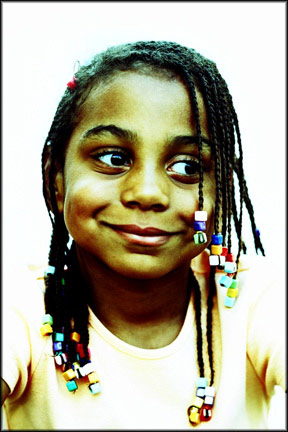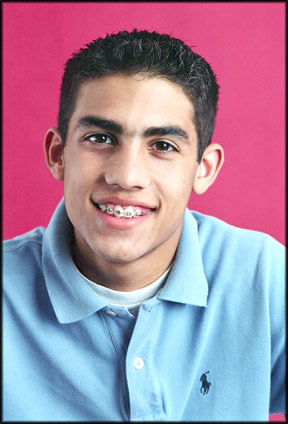 |
 |
| Introduction to Acne Treatment Introduction to Acne Treatment Continued Acne Statistics Skin Structure Skin Lesions Acne Vulgaris and other types of Acne What Causes Acne? Acne causing foods How Bad Is Your Acne? Cure for teenage acne Acne in Children Adult Acne Natural Acne Treatment Home Cure for Acne: Exfoliation Acne Skin Care Products Ingredients More Acne Skin Care Products Acne Treatment Benzoyl Peroxide How to get rid of body acne Prescription Acne Treatment Prescription Acne Medication Treatments for Acne The Alternative-Health Treatment for Acne Approach Acne Cure: The Estheticianís Approach The Facial Cure Acne Smoothie The Hybrid: The Medi-Spa Acne Treatment for Black Skin Acne Treatment for Men Acne Treatment for Women Fast removal of acne scars Acne Skin Care Products Resources from American Laser Centers |
Acne in ChildrenWe started our discussion of acne across the lifespan with teens because they are the most likely candidates for acne problems.  Girl TalkYoung girls, however, are reaching puberty at much younger ages than their mothers and grandmothers did. Part of this phenomenon has been attributed to the rising incidence of obesity in children. Carrying extra weight can lead to an earlier onset of menstruation, which means that hormone-related acne in children will strike earlier. Pre-puberty may begin as early as age seven, with young girls developing tiny breasts and sprouting hair on their legs. Skin will become oily before acne breakouts occur. Girls as young as eight are seeing their first blemishes, and parents often feel helpless because they fail to realize that acne can occur in a child that young. They may head for the drugstore and buy the old standbys they themselves used as teenagers. A child's skin, however, is particularly delicate and truly requires intervention from a dermatologist. Younger children actually respond better to the proper medication than their teen and adult counterparts. Improvement seems to progress faster, probably because the acne is prevented from becoming severe. Parents should never dismiss acne in children, as it requires the same level of serious treatment as acne in any other age group. Doctors will generally prescribe a gentle soap, followed by a topical lotion. It is rare for a young child to require hard-core drugs or solutions. Unless otherwise indicated, treatment should be applied to the entire face and not just to individual lesions. This is a common mistake.  Boy TroubleAcne in children is not limited to pre-pubescent girls. Boys also develop acne at younger ages, and they are just as self-conscious and vulnerable. Their friends may tease them unmercifully, which creates the same types of self-esteem issues girls face. In an attempt to be "macho," even young boys may attempt to mask their emotions, which means parents will have a harder time detecting that their child is suffering. But when it comes to boys, it sometimes seems as though pimples form overnight. One night, they go to bed-and the next morning their face is dotted with blackheads and whiteheads. Since boys tend to be more active and participate in sports, perspiration can worsen the condition. Any boy who participates in sports involving helmets, chinstraps and shoulder pads may be exposed to perspiration buildup and a propensity for acne. And if boys are abusing steroids, which they usually do in secret, this will exacerbate acne in children. Pimples can literally explode into cysts when steroids are taken. Please inform the dermatologist if you are using steroids.
|